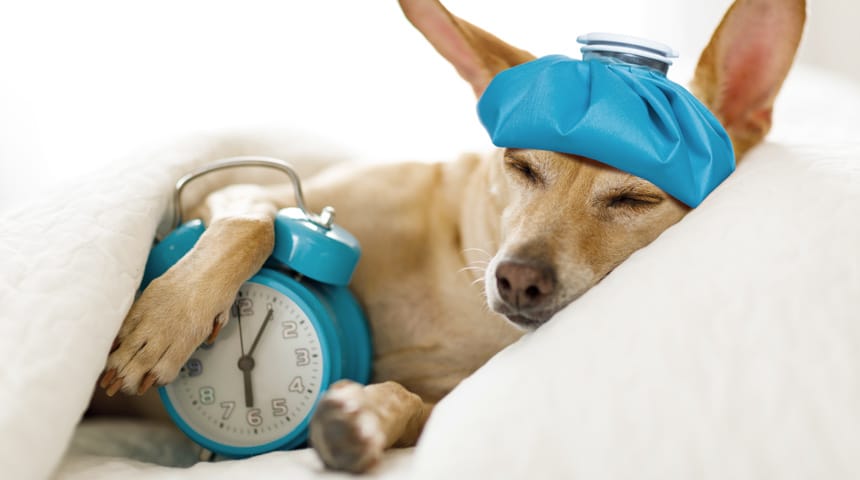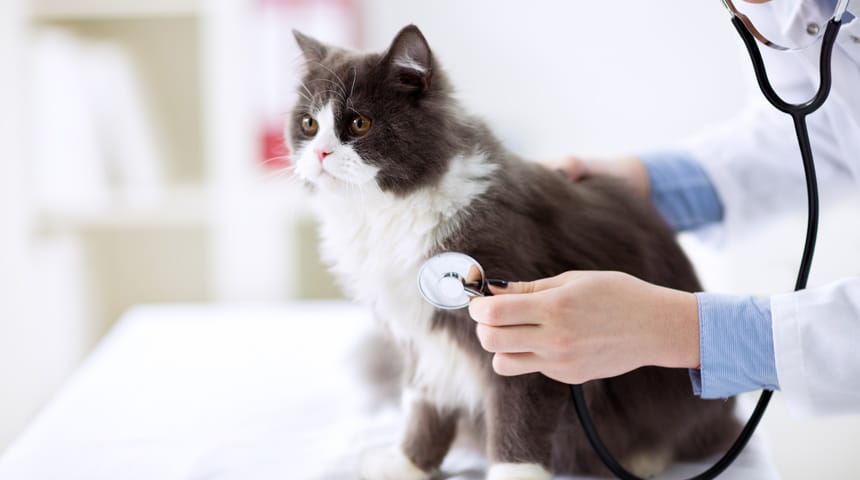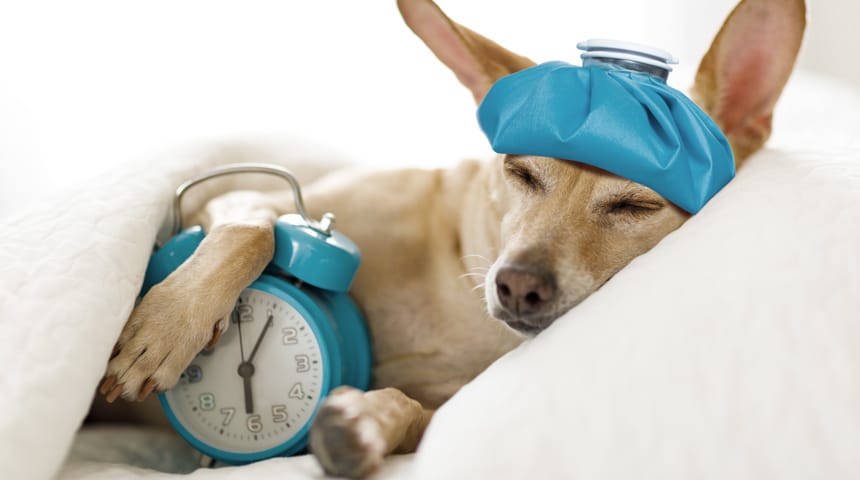Your pet is a member of your family and ours; it is a best friend, and even a confidant!
That's why our dedicated team of veterinarians, technicians, assistant technicians and receptionists is always there, ready to care for your pet and give you the most appropriate advice to ensure its well-being and health.









